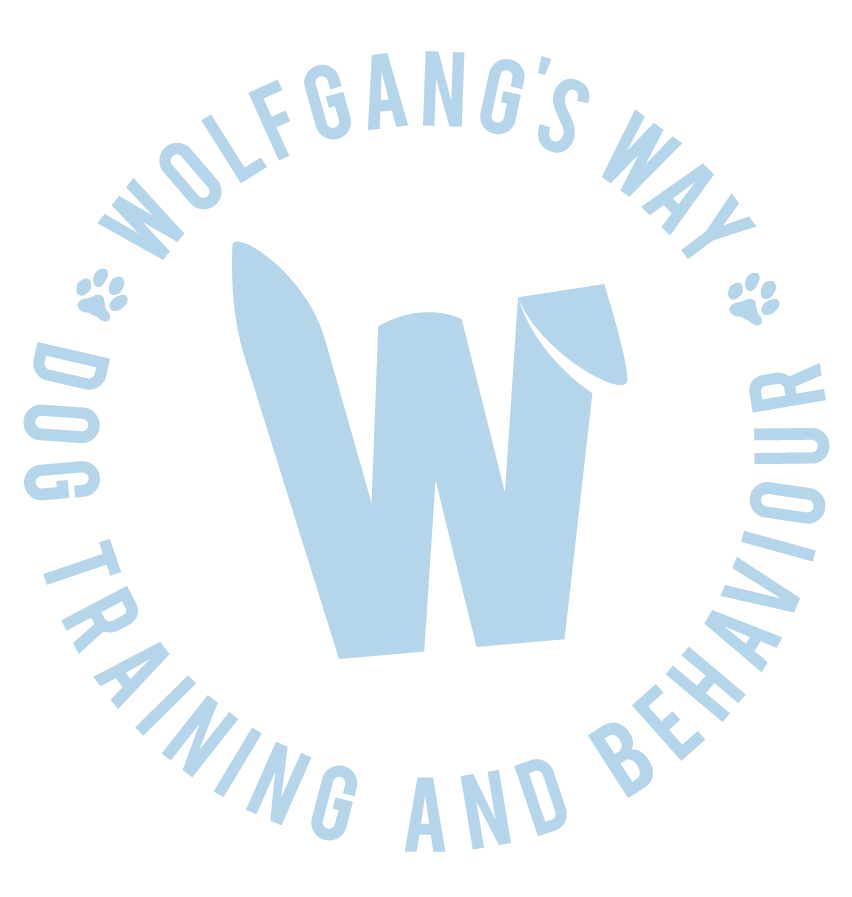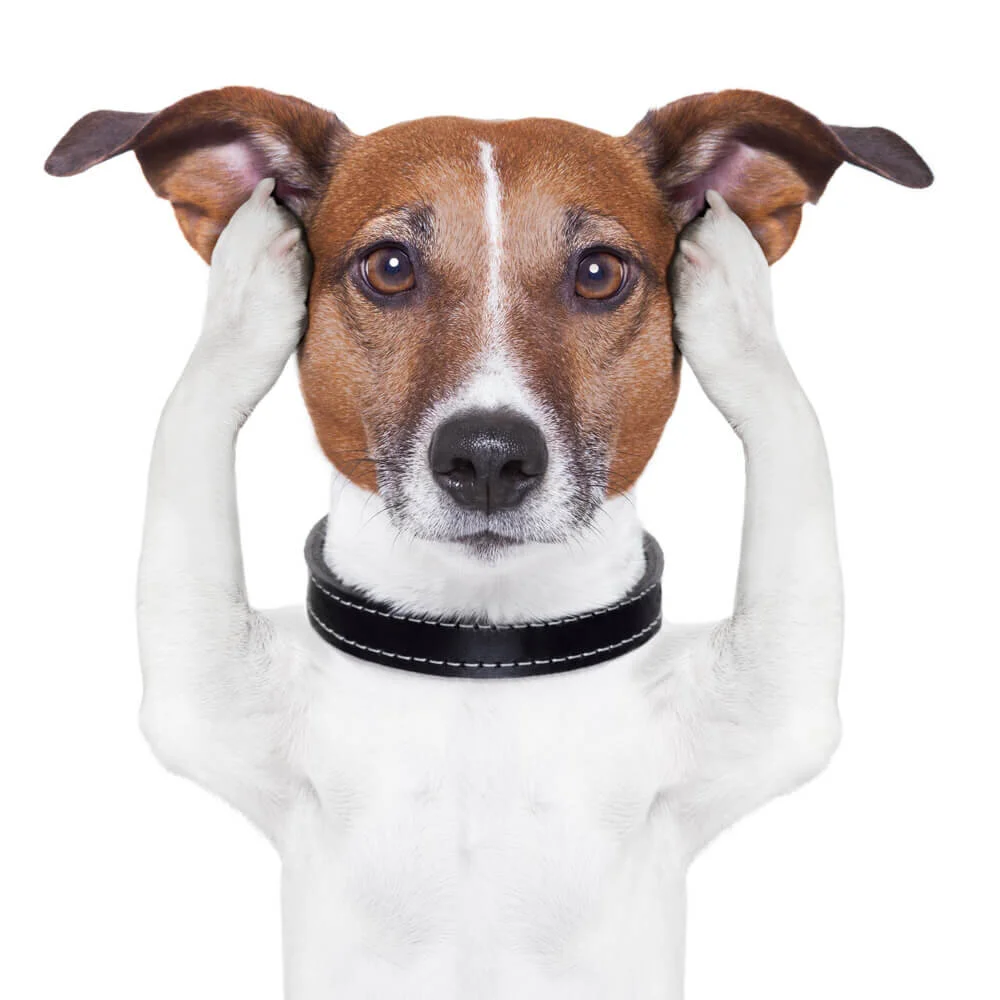As lockdown is easing across the UK, our puppies and adult dogs are faced with plenty of lifestyle changes that can be both stressful and plain scary. Understanding your dog’s fears as well as helping them to prepare for ‘the unknown’ is crucial to their wellbeing and to preventing unwelcome habits and behaviour issues from developing.
A problem area I’m working with a lot at the moment is people welcoming guests at their homes once again as well as heading out to busy public places such as busy pubs and restaurants, all with their dog in tow who simply can’t cope.
Pandemic Puppies
For all those pandemic puppies who’s never had a stranger visit their home these new experiences can be incredibly disruptive. As is for our adult dogs who’ve enjoyed a year of anti-social bliss and forgot what it’s like to be around more people than their closest family members.
Here are a few tips on how you can help your dogs adjust:
Be your dog’s safe place
nope, your dog isn’t being dominant/ silly/ stubborn/ aggressive. Reactive behaviours such as barking at house guests or growling at strangers in a busy pub, is more often than not based in fear and it’s the human’s job to spot this and to ensure their dog feels safe.
Learn about dog body language and early signs of stress
This will enable you to communicate with your companion and ensure you can interfere early on, and NOT when your dog is pushed to his limits and has to shout (growl, bark, lunge). Pay attention, the smallest signs such as a little yawn or lip lick can be an indication of your dog feeling uncomfortable and needs your support.
Read up on positive reinforcement training methods
Better even get a certified trainer to help you. Then teach your dog what to do when faced with these new scenarios and create a positive association around it.
stationing: go to bed
For example, you can train your dog to go to a specific station (I.e. a bed or blanket) when guests arrive at your home or you can teach your dog to keep her four paws on the floor when greeting a friend or stranger in our outside. Use the same stationing behaviour when out in public places, enabling your dog to feel safe and settled by your side.
It’s important to teach these behaviours away from any distractions at first, don’t expect your dog to function and be able to listen to you when stress levels are running high and while you are trying to usher your guests into the living room.
Ask your guests or strangers to ignore Fido and allow your dog to choose whether he wants to greet someone or not.
be patient and manage in the meantime
Finally, any new behaviours will take some time to become reliable so manage in the meantime. For example you could meet your guests outside on the street with your dog, then all walk in together.


